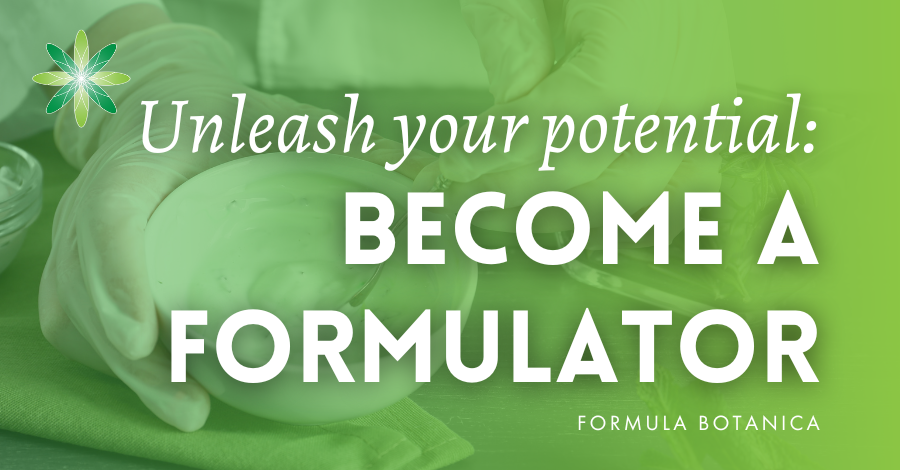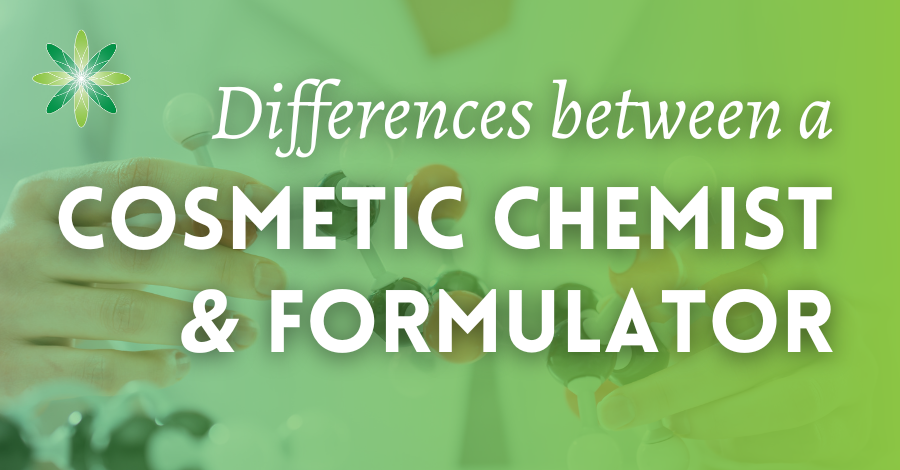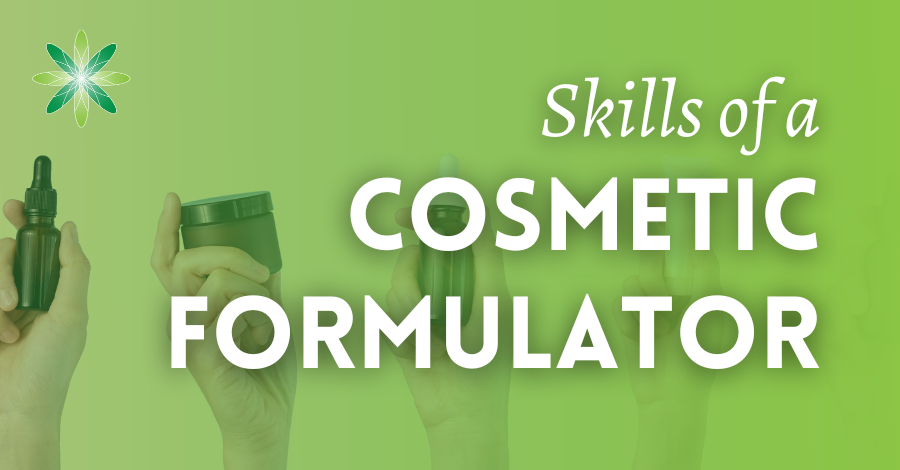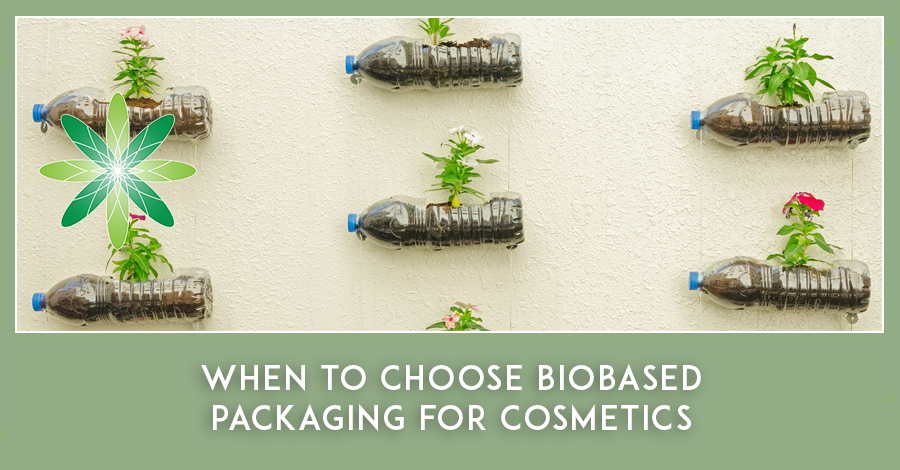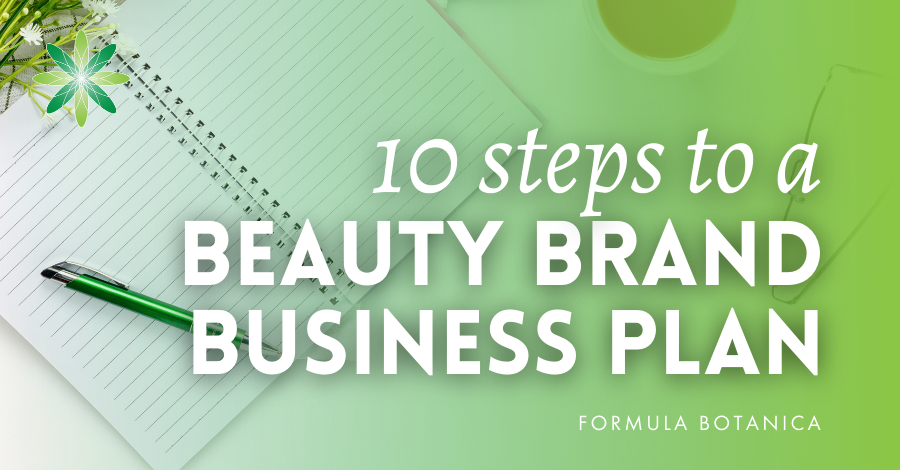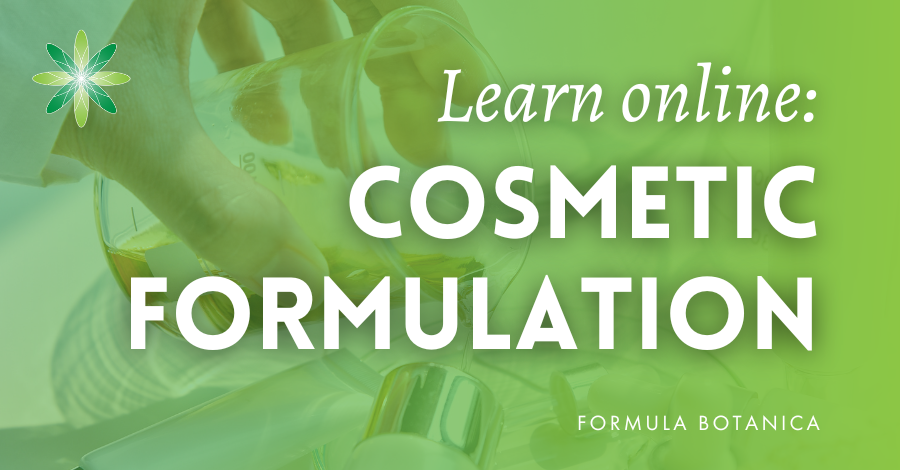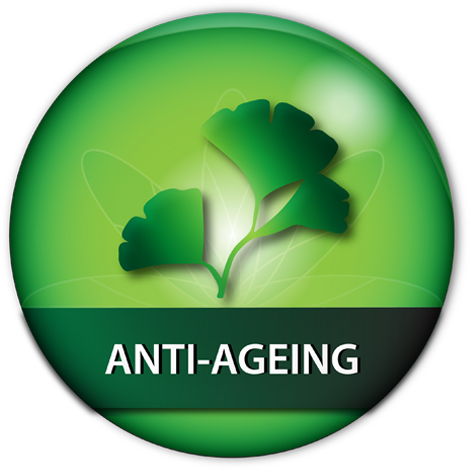Learning to become a cosmetic formulator and starting a skincare business from home can be an exciting venture, and you may be dreaming of doing just this. Indie beauty is empowering and offers you a career on your own terms. It allows you to be creative, flexible, and in control of how you grow and shape your business.
It will take commitment and have its share of challenges along the way. But we’re here to reassure you of one key thing that may be deterring you from taking those first steps: you do not need a science or chemistry background or degree or to be a qualified cosmetic chemist in order to formulate cosmetics.
Where cosmetic formulation students come from
At Formula Botanica, we teach diplomas and certificates in cosmetic product formulating. We’ve seen hundreds of our graduates go on to formulate beautiful, high-performance products and run successful indie beauty businesses having been through one or more of our diploma courses.
The vast majority of our students enter with no or very little knowledge of either formulation or the beauty business and come from backgrounds as diverse as law, nursing, finance, the maritime industry and more, while others are juggling raising families while studying with us and starting as beauty entrepreneurs.
You can hear how career- and life-changing an experience learning to formulate proved for some of them in these articles, as well as in our graduate gallery:
Change your life by taking an online skincare course
Podcast 127: From indie beauty idea to selling 500 eye creams (interview with graduate-founder Naz Bashir of Solo Skin London)
How to start a beauty business on a small budget
A year of awards: our graduate achievers
In most parts of the world, you can legally formulate cosmetics at home and go on to sell them. We cover this in our post: “Do you need a licence to sell skincare products? There is every reason, then, for you to realise your potential by following your dream of starting an indie beauty business, even if you don’t have a science or chemistry background.
For a start, we include in our course material the core components of cosmetic chemistry you will need. Our diplomas include critical aspects such as measuring and monitoring pH, emulsification theory and practise, natural cosmetic preservation, and the use of solubilisers and surfactants.
Clearly, cosmetic chemists and cosmetic formulators have different areas of expertise, but they also have knowledge that overlaps. In this article, we clarify their differences and help you overcome any concerns about the training, expertise and skills you need to learn to formulate and go on to start a beauty business – even if you do not have a chemistry background.
The differences between a Cosmetic Formulator and a Cosmetic Chemist
Both the qualified cosmetic chemists, and the cosmetic formulators we train at Formula Botanica have their place in the beauty industry. Let’s take a look at their roles and how they approach formulation differently.
The cosmetic chemist
A cosmetic chemist is a professional with a degree in chemistry who is likely to have post-graduate studies specifically focused on the formulation and development of cosmetic products. They have specialised knowledge of the chemical and physical properties of raw materials used in cosmetics, how these ingredients and their compounds interact, and how they affect the skin or hair. Cosmetic chemists are experts in creating new formulas that are both safe and effective for use. They can do this on paper alone, drawing on their extensive knowledge, before running trial batches.
Often, a cosmetic chemist working in a large cosmetics firm may not have the freedom to exercise their own creativity in their role of devising new formulations. They receive a brief, usually having come top-down from a marketing department or other division of the business that decides on the new products to launch. Their skill lies in working tightly to that brief to deliver the efficacious, on-budget cosmetics the brand requires.
The cosmetic formulator
A cosmetic formulator, who formulates cosmetics without necessarily having a chemistry degree or being a cosmetic chemist, draws on their own unique background and creative wishes. They may arrive at a more formal study of cosmetic formulation after having dabbled in it as a home hobby or simply from having a deep-rooted interest in beauty.
They bring different skill sets to cosmetic formulation and take a different approach to formulation. But nonetheless, they go on to create effective, safe cosmetics that beauty customers love and start successful indie beauty businesses too.
They will be able to exercise more creativity and, if working for themselves, be able to create cosmetics that resonate, for example, with their localities or regions and chosen target market, and draw on ingredients that have particular meaning for them.
The cosmetic formulator therefore uses a combination of knowledge, research, and experimentation to develop formulas that meet their desired product specifications. They too develop over time an extensive knowledge of specific raw materials and their benefits for skin and hair.
Let’s look in more detail at what you need to become a cosmetic formulator.
Skills you need to be a cosmetic formulator
A sound understanding of ingredients
It is essential to have a solid understanding of the ingredients used in cosmetics, their properties, and how they interact with each other. At Formula Botanica, we train you how to research your ingredients, as we know this lies at the core of successful formulation.
Practical formulation expertise
Once you have an understanding of the ingredients, you can start experimenting with different formulations. Having taught thousands of cosmetic formulators, we know that it is best to start simply with a few ingredients and with anhydrous (waterless) formulations.
These introduce you to key, fundamental aspects of cosmetic formulation – including how to prepare safely, organise and document your practical formulation sessions, as well as understand good manufacturing practice (GMP) – that you will need throughout your formulating career. These first formulations, as with all those we teach in our courses, can be made in a home lab with just a few tools and budget-friendly ingredients.
You may be starting simply and creating small batches of products and testing them on yourself, family, and friends, but you are learning on the job. Each time you formulate, you draw on your ever-growing knowledge and experience of ingredients and improve your techniques. You learn how to make adjustments to the formula based on feedback, your observations and further research.
It is important to keep in mind that cosmetic formulation is a process of trial and error. Don’t be afraid to make mistakes or try different approaches. Some of the best formulas come from experimentation and creativity.
We outline the key steps to learning to formulate in our article:
In addition to learning the requisite skills to formulate competently and safely, in line with cosmetics’ regulations, graduates who take our Diploma in Beauty Brand Business Management or International Organic Skincare Entrepreneur Program are trained on the business side of beauty too. Inspired and empowered by the courses they take with us, many go on to launch an indie brand.
To sum up
While a cosmetic chemist’s training and experience are focused on the scientific aspects of cosmetic formulation, a cosmetic formulator’s expertise lies in the creative and artistic aspects of product development. In time, as they develop formulation and research skills, the cosmetic formulator too gains a deeper understanding of the properties of their ingredients. Both professionals play important roles in the cosmetics industry, and there is no right or wrong way to approach the formulation process.
However, your budget, stage in life and time for your studies may all play a part in determining your entry point and entry level. Formula Botanica’s award-winning courses give you flexibility and the chance to start formulating from day one.
There is certainly no reason – as our graduates demonstrate – to need a chemistry degree or be a qualified cosmetic chemist in order to become a successful formulator and beauty entrepreneur.
As an indie beauty entrepreneur starting a small-scale natural cosmetic business from home, you will require skills other than those of a cosmetic chemist anyway. There is plenty more to know about being an indie beauty entrepreneur than formulation.
Formula Botanica CEO Lorraine Dallmeier discusses all this and more in her Green Beauty Conversations podcast:
Episode 37: Do you need to be a chemist to formulate skincare?
FREE FOUNDATION COURSE
How to become an
Organic Skincare Formulator
FREE TRAINING
How to become an
Organic Skincare Entrepreneur
FREE TRAINING
How to become an
Organic Skincare Entrepreneur
Leave us a comment
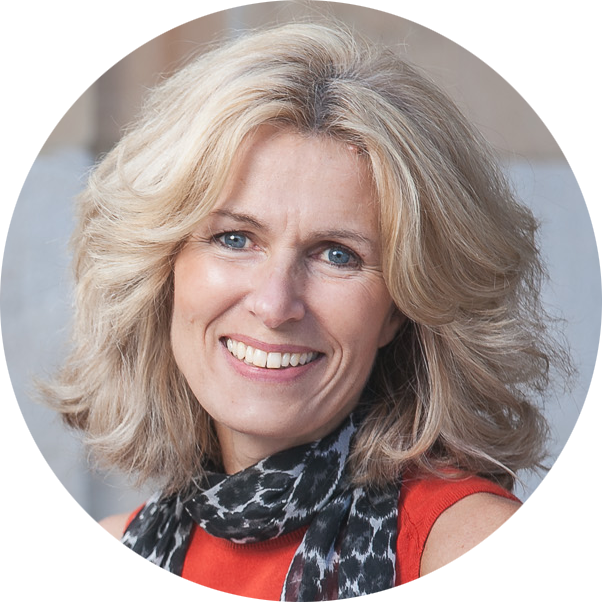
Liz is Formula Botanica’s Content Coordinator and joined our team in August 2020. Liz worked as a professional blogger, journalist and site developer for many years and was also part of the Formula Botanica student community. Read more about the Formula Botanica Team.

